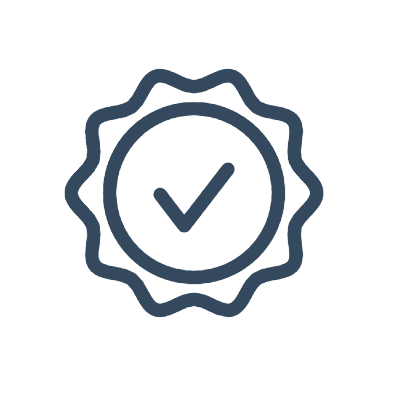ISO 29001:2020

OIL & GAS, PETROCHEMICAL
SPECIFIC REQUIREMENTS FOR QMS IN OIL & GAS INDUSTRIES
Petroleum, petrochemical and natural gas industries management system certification is a procedure for confirmation of a degree of product and service supply organization’s management system conformity to requirements of a particular standard.
ISO 29001 scope is Petroleum, petrochemical, and natural gas industries Sector-specific quality management systems requirements for product and service supply organizations. This standard is written as a supplement to ISO 9001:2015 and Petroleum, petrochemical, and natural gas industries management system certification is performed by independent competent auditors and experts of ACS, who have the necessary experience and training in the scope of conducting audits for compliance with the requirements of audited standards, as well as competence in the field of activity of an organization being audited.The major difference between ISO 29001:2020 and ISO 29001:2010 is risk-based thinking. The concept of risk-based thinking has been implicit in previous editions of this International Standard, e.g. through requirements for planning, review, and improvement. This International Standard specifies requirements for the organization to understand its context and determine risks as a basis for planning. This represents the application of risk-based thinking to plan and implement quality management system processes and will assist in determining the extent of documented information.
One of the key purposes of a quality management system is to act as a preventive tool. Consequently, this International Standard does not have a separate clause or sub-clause on preventive action. The concept of preventive action is expressed through the use of risk-based thinking in formulating quality management system requirements. The risk-based thinking applied in this International Standard has enabled some reduction in prescriptive requirements and their replacement by performance-based requirements.
There is greater flexibility than in ISO 9001:2008 in the requirements for processes, documented information and organizational responsibilities. Although element 6.1 specifies that the organization shall plan actions to address risks, there is no requirement for formal methods for risk management or a documented risk management process. Organizations can decide whether or not to develop a more extensive risk management methodology than is required by this International Standard, e.g. through the application of other guidance or standards.
Not all the processes of a quality management system represent the same level of risk in terms of the organization's ability to meet its objectives, and the effects of uncertainty are not the same for all organizations. Under the requirements of 6.1, the organization is responsible for its application of risk-based thinking and the actions it takes to address risk, including whether or not to retain documented information as evidence of its determination of risks.
Prevent the product defect from the supply chain and suppliers,
Reduce deviations and waste,
Provide a continual improvement model,
Gain international competitiveness in petroleum, petrochemical and natural gas industries through cutting cost and business risk management.
https://usacert.com/standard-types/4-oil-gas/Training at ACS
ACS uses accelerated learning techniques to make sure you fully understand all certificates. We put your learning into context with a diverse offering of classroom teaching, workshops, interactive and online sessions.
ISO 29001:2020 Training - 1
REQUIREMENTS AND DOCUMENTATION

ISO 29001 – Requirements & Documentation
This training course aims to get acquainted with the required requirements of ISO 29001 compared to ISO 9001.
More About This CourseISO 29001:2020 Training - 2
QMS INTERNAL AUDITOR

ISO 9001 – Internal Auditor Course
This course aims to teach the principles and practices of effective quality management system first and second-party audits.
More About This Course
